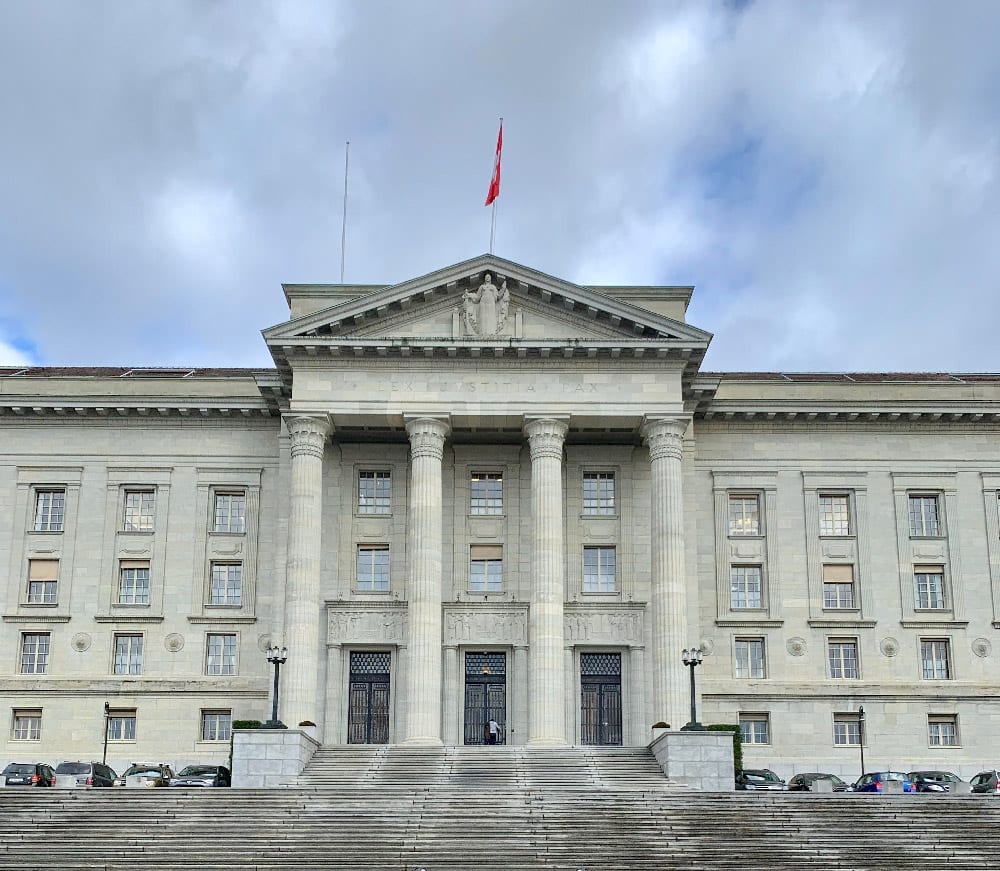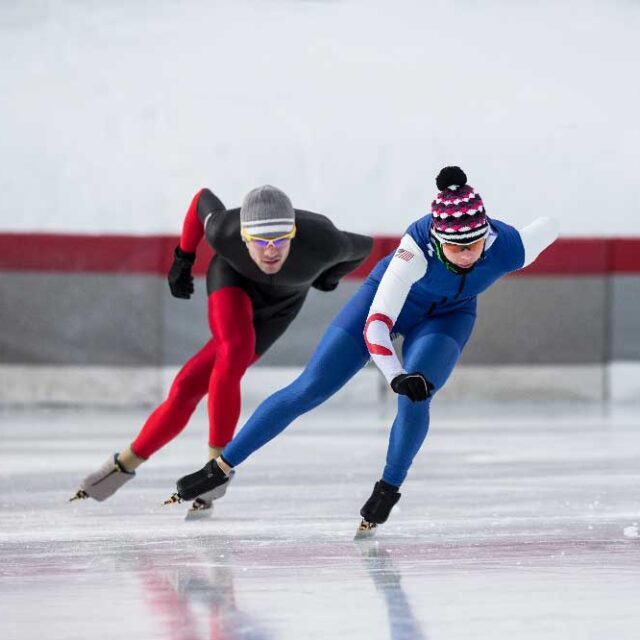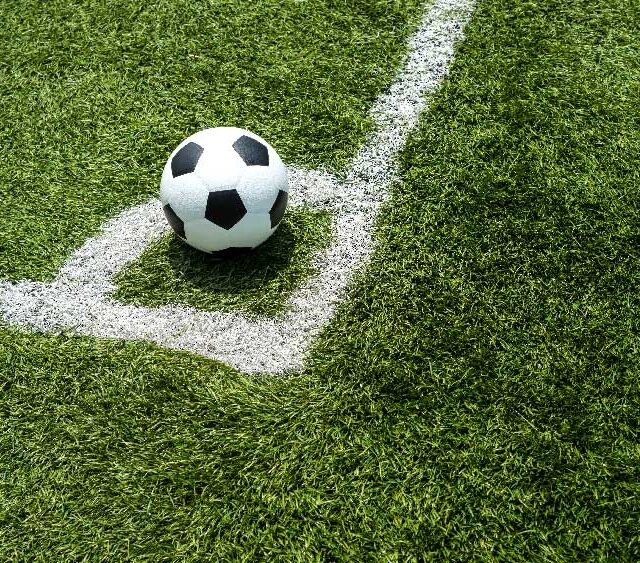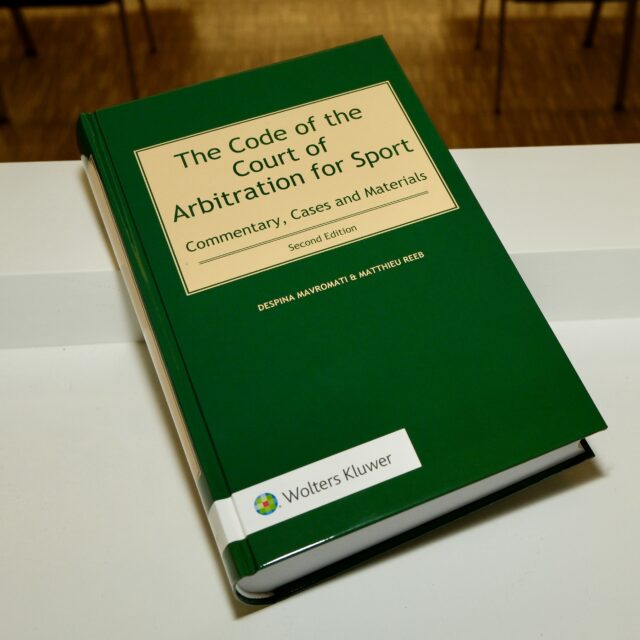4A_232/2022, Judgment of 22 December 2022, Swiss Federal Supreme Court, A. v. International Biathlon Union (motion to file the CAS Award CAS 2020/A/7509)
Facts and procedural history
In this important judgment, the Swiss Federal Supreme Court (SFT) confirmed the validity of the CAS Anti-Doping Tribunal (CAS ADD) as a first-instance disciplinary tribunal in delegation by sports federations – and the subsequent appeal to the CAS Appeals Division (CAS).
The doping-related dispute arose following a notice of charge issued by the International Biathlon Federation (IBU) against a Russian biathlete (the Athlete) for violation of the IBU Anti-Doping Rules.
In 2006, the Athlete signed a document agreeing to the IBU constitution and other rules in order to be eligible to compete. Such agreement was valid until and “as long as it is not retracted by the undersigned”, which the Athlete never did, despite his retirement in 2014.
In 2019, the IBU delegated its disciplinary authority to the CAS ADD for the latter to act as its “disciplinary tribunal” in lieu of its own Anti-Doping Hearing Panel (ADHP). The IBU filed a request of arbitration before the CAS ADD and a Sole Arbitrator appointed issued an “award” confirming the charges regarding the Athlete based on the CAS ADD Rules. Such award was appealed to the CAS under the rules applicable for the appeal procedures (Art. R47 ff. CAS Code). Meanwhile, the Athlete had already filed a motion to annul the CAS ADD award which was deemed inadmissible for lack of exhaustion of legal remedies pending the CAS award in appeal (see also my note on the SFT 4A_612/2020 of 18 June 2021).
The CAS eventually issued its “Award on Jurisdiction and Other Preliminary Issues” in 2022, finding that it had jurisdiction to hear the athlete’s appeal, and, most importantly, recognizing the jurisdiction of the CAD ADD as 1stinstance.

Motion to set aside the CAS Award
The Athlete filed a motion to annul the CAS award alleging the lack of jurisdiction (of the CAS ADD and, consequently, of the CAS) and the irregular constitution of the panel, which were the only grounds available to challenge of awards on jurisdiction (see also judgment 4A_344/2021, at 5).
The SFT previously held that Art. 190 (2) b PILA only covers the jurisdictional control of the CAS award (in appeal) and not the previous instances (e.g., FIFA) which are not true courts of arbitration (see my note on the judgment 4A_346/2021 of 13 January 2022). The SFT did, however, determine the nature of the CAS ADD proceedings, to the extent that the admissibility of the grievance depended on whether the CAS ADD acted as a true court of arbitration or not.
Nature of the CAS ADD proceedings and qualification of the CAS ADD
In its long judgment, the SFT reiterated that neither the name of the tribunal nor the name of the decision (in this case, the CAS ADD decision was entitled as “Award”) was decisive to qualify it as an arbitral tribunal (at 5.9.3). The SFT then delved into the role of the CAS ADD and the essential elements of an arbitration agreement which aims at vesting an arbitral institution with the decision-making power in exclusion of the jurisdiction of state courts. However, the SFT could not find such intention from the parties. On the contrary, it held the IBU wished to delegate its internal disciplinary power over anti-doping matters to an external entity, which would take over the same tasks as the ADHP and impose applicable sanctions.
The SFT judgment therefore held that the CAS ADD is not a “true” arbitral tribunal but replaces the first instance of the disciplinary tribunal of the federation. The SFT recalled its previous judgments whereby the internal tribunals of sports federations are not “true arbitral tribunals” but mere expressions of the will of the association (at 5.2.3, see also my note on judgment 4A_346/2021 of 13 January 2022 at 5.2). The SFT therefore dismissed this grievance as inadmissible but held that the jurisdictional objection would have, in any case, been dismissed, based on the de novoreview by an independent arbitral tribunal which is the CAS (cf. Art. R57 CAS Code) and the lack of a right to a double degree of jurisdiction (see also my note on the judgment 4A_384/2017 of 4 October 2017).
Coexistence of the CAS ADD and the CAS Appeals Division
In his second plea, the Athlete requested the annulment of the CAS award based on the irregular constitution of the CAS, and specifically due to its organic links with the CAS ADD. The Athlete mentioned, among other elements, the closed list of arbitrators, the fact that he could not freely choose his arbitrator and the large influence of sports organizations on the ICAS (referring to the dissenting opinion of the two judges in the Pechstein ECtHR judgment). The Athlete also questioned the structural independence of the two CAS Divisions, considering it problematic because the two divisions operate under the umbrella of the same board, namely ICAS (at 6.3).
The SFT held that all arguments related to the lack of independence of the CAS ADD were inadmissible (for the reasons mentioned above), while it also thoroughly dismissed the arguments on the lack of structural independence of the CAS Appeals Division, reiterating its previous case law. Interestingly, the SFT held that the coexistence of two instances within the same tribunal is not unusual, because several international tribunals have both first instance- and appellate divisions (International Criminal Court, ECtHR etc.). The SFT also noted the efforts to guarantee the independence of the CAS ADD vis-à-vis the CAS, through separate and independent lists of arbitrators for each division.
Concluding remarks
Overall, this is an important judgment in which the SFT determined the nature of the CAS ADD proceedings when the latter acts as a first instance. It largely accepted the legitimacy of the CAS ADD, to the extent that such instance replaces the internal disciplinary instance of sports federations and is sufficiently independent from the CAS Appeals Division. It must be noted that the SFT analysis did not examine the nature of the CAS ADD proceedings when both parties agree to bring the dispute before three arbitrators acting as a sole instance (Art. 14 ADD Rules). However, if the parties agree in writing to such exception, there are good reasons to think that such agreement could constitute a valid arbitration agreement and that the CAS ADD could, under such specific circumstances, act as a “true” arbitral tribunal.







